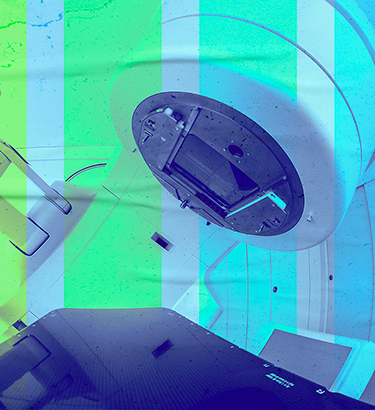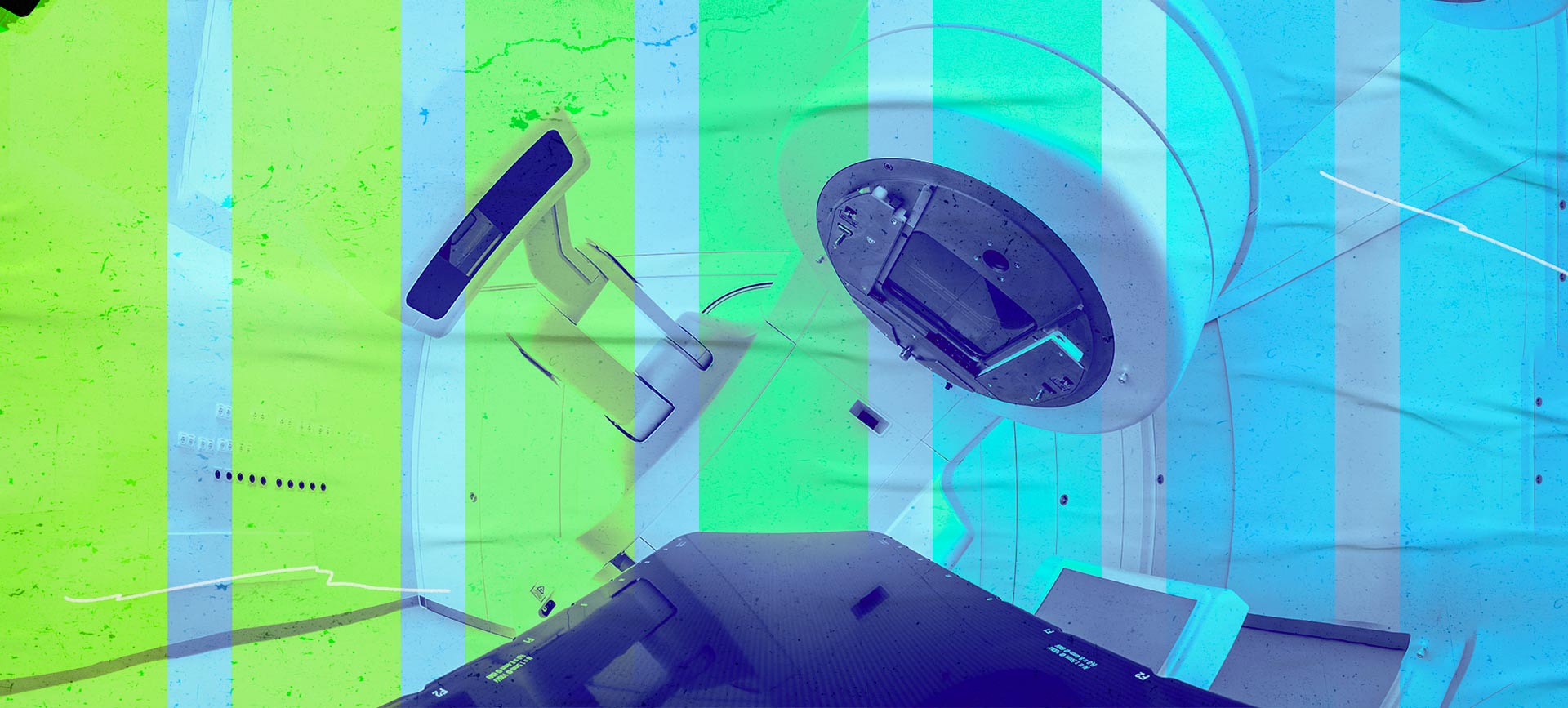Elson: There are a few different types of oncology. There's medical oncology, which is more chemotherapy, and that's a subspecialty of internal medicine. They would go to medical school and then complete a residency in internal medicine, which is usually three years. Then they'd do a fellowship in oncology, which is usually another three years.
What I did was radiation oncology. That would be medical school, then one year of a general residency that they call an internship. Most people do internal medicine, which is what I did. After that, it's four years of radiation oncology residency, and then there's a different specialty called surgical oncology. That involves medical school and then going to surgical residency, which is usually five years. A surgical oncology fellowship is usually two or three years. So it depends on what kind of oncology.











